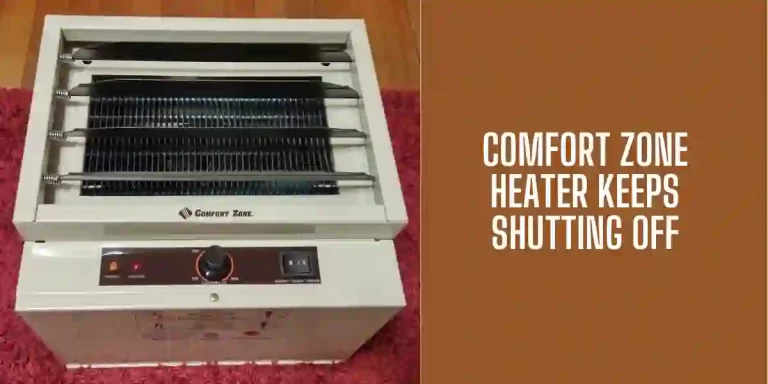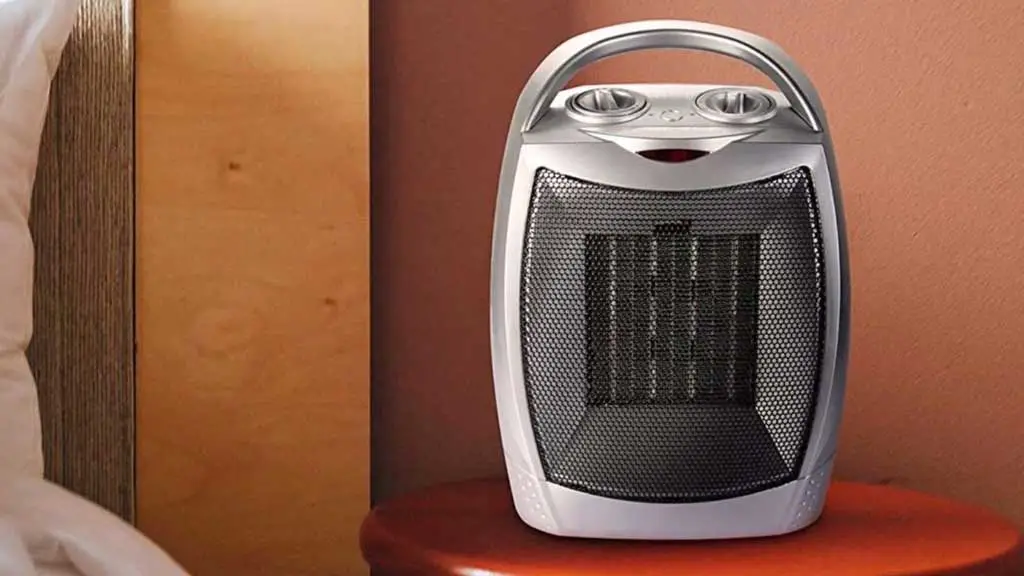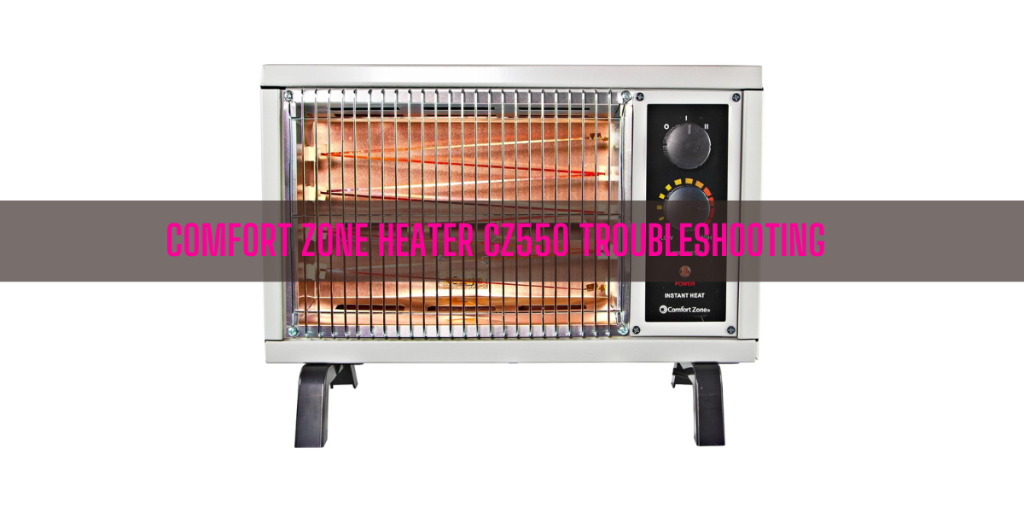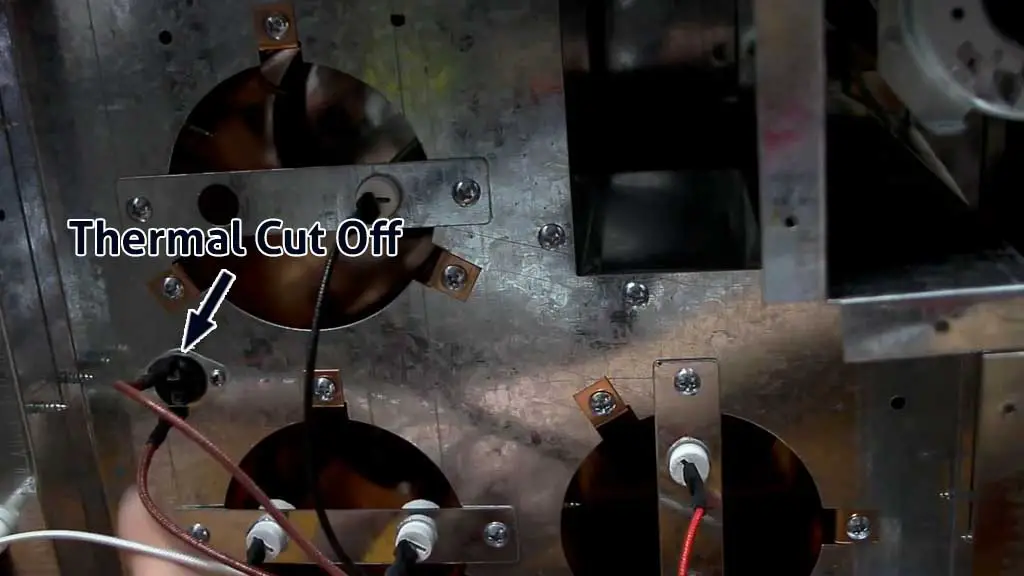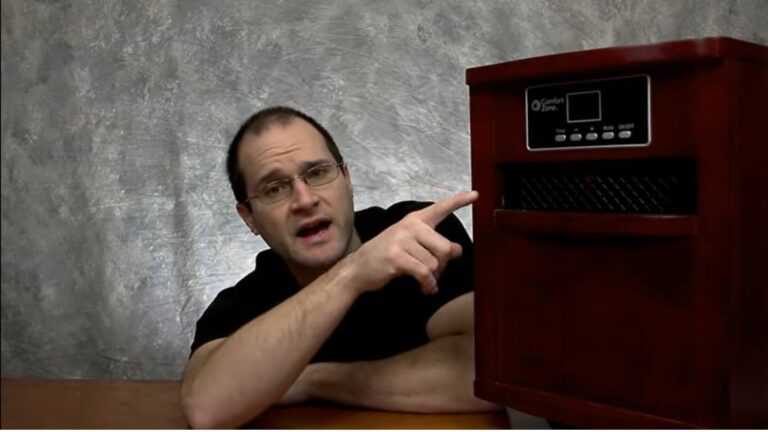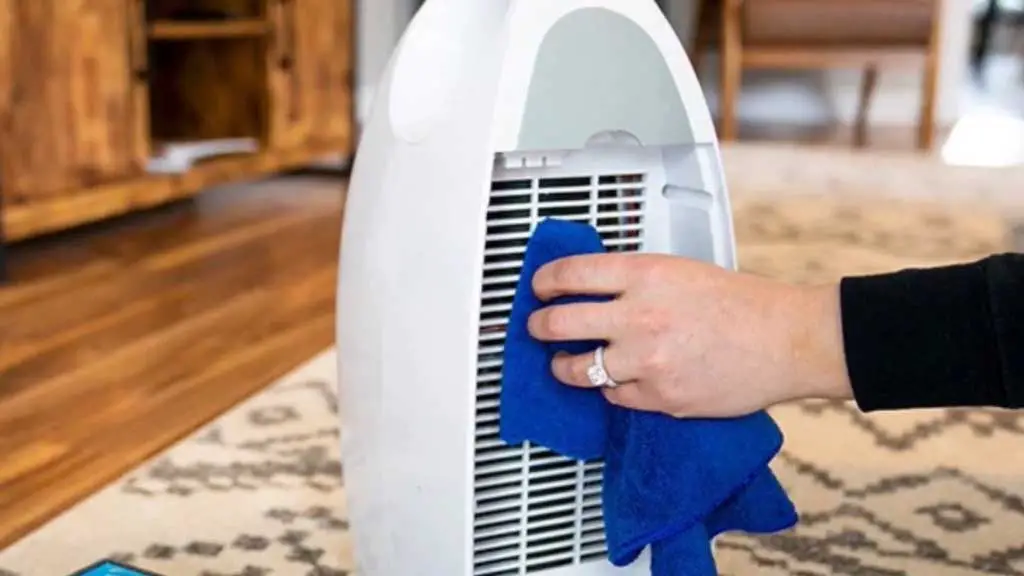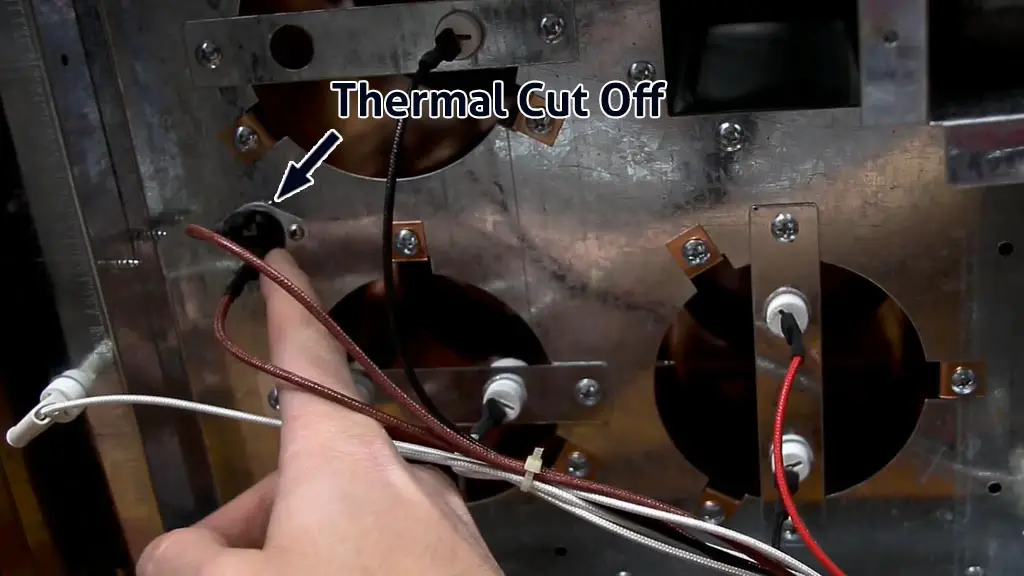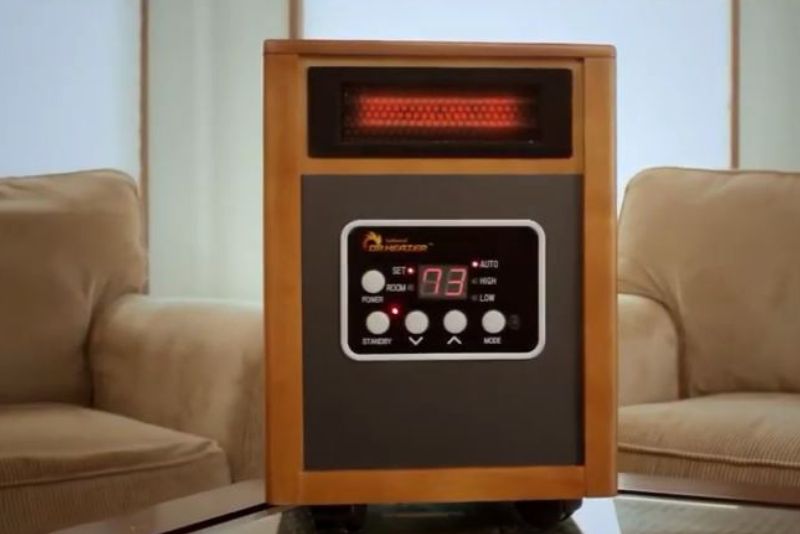Why Does My Comfort Zone Heater Keep Shutting Off
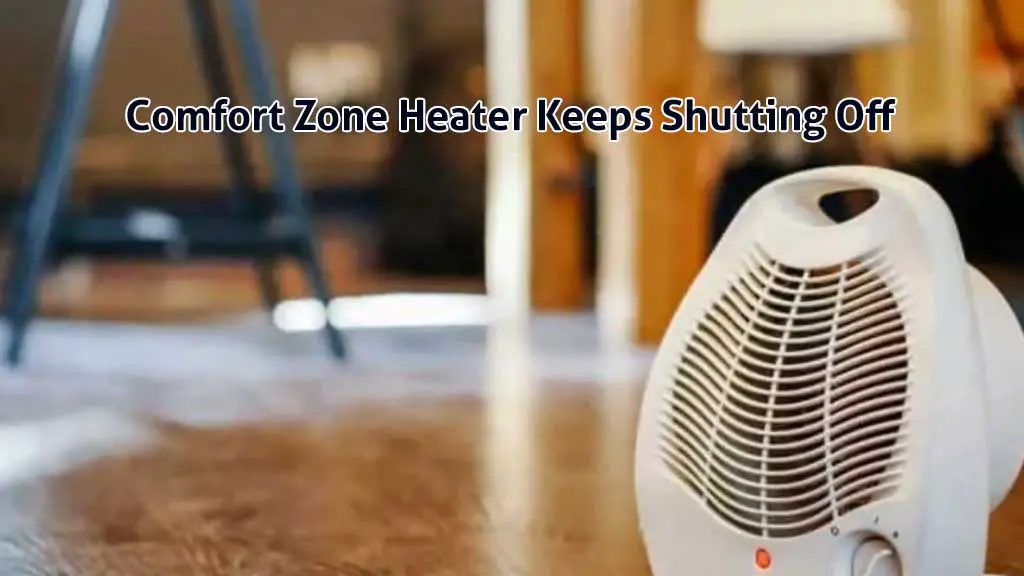
Is Your Comfort Zone Heater Leaving You in the Cold? Understanding Why It Keeps Shutting Off
Few things are more frustrating than a Comfort Zone heater that refuses to stay on. You crank it up, expecting a cozy warmth, only to find it shutting off unexpectedly, leaving you shivering and scratching your head. But before you resign yourself to a winter of discontent (or a hefty repair bill), let's delve into the common culprits behind this frustrating issue and, more importantly, how to fix them and potentially save money on your energy bill in the process.
Overheating: The Most Common Culprit
One of the primary reasons your Comfort Zone heater shuts off is overheating. These heaters, like most electric space heaters, are equipped with a high-limit switch. This safety feature automatically shuts off the heater when it detects dangerously high internal temperatures. This is designed to prevent fires and damage to the unit itself. Several factors can trigger this safety mechanism:
- Blocked Airflow: This is the most frequent offender. Dust, pet hair, or even curtains placed too close to the heater can obstruct the intake or exhaust vents, restricting airflow. The heater struggles to dissipate heat, causing it to overheat and shut down. Regular cleaning of the vents with a vacuum cleaner can drastically improve airflow and prevent this issue.
- Faulty Thermostat: A malfunctioning thermostat can provide inaccurate temperature readings, leading the heater to run excessively and eventually overheat. If you suspect a faulty thermostat, try setting it to a lower temperature. If the heater still shuts off quickly, the thermostat is likely the problem. Consider replacing the thermostat, especially if it's an older model. Upgrading to a smart thermostat not only solves this issue but also opens a world of energy-saving possibilities.
- Damaged Heating Element: While less common, a partially damaged heating element can cause localized hotspots within the heater, triggering the high-limit switch. Visually inspect the heating element (when the heater is unplugged and cool, of course!) for any signs of damage, such as breaks or discoloration. Replacement of the heating element might be necessary, but consider whether the cost of repair outweighs the cost of a new, more energy-efficient heater.
Electrical Issues: When the Current Cuts Out
Another potential cause for your Comfort Zone heater's sudden shutdowns lies within your electrical system. These issues can range from simple fixes to more complex problems requiring professional assistance:
- Overloaded Circuit: Space heaters draw a significant amount of power. Plugging your heater into the same circuit as other high-wattage appliances (like a microwave, hairdryer, or vacuum cleaner) can overload the circuit, causing the breaker to trip and cut off power. Try plugging the heater into a different outlet on a separate circuit. If the problem persists, consult an electrician to assess your electrical panel's capacity and potentially add a dedicated circuit for the heater. This is especially important for businesses using multiple space heaters.
- Faulty Wiring: Loose or damaged wiring within the heater or the outlet itself can cause intermittent power interruptions. Inspect the power cord for any signs of damage, such as fraying or exposed wires. If you suspect faulty wiring within the outlet, immediately discontinue use and contact a qualified electrician. This is a serious safety hazard.
- Tripped Breaker: If the heater shuts off and other appliances on the same circuit also lose power, the circuit breaker has likely tripped. Locate your electrical panel and reset the breaker. If the breaker trips repeatedly, even when the heater is the only appliance on the circuit, there's a more serious electrical problem that requires professional attention. Consider the long-term cost of constantly tripping breakers versus the investment in an updated electrical panel and more efficient heating solutions.
Mechanical Problems: Internal Components Failing
Although Comfort Zone heaters are generally reliable, internal mechanical failures can also lead to unexpected shutdowns:
- Faulty Motor: If your heater has a fan to circulate air, a failing motor can cause the heater to overheat. Listen for unusual noises coming from the fan, such as grinding or squealing. If the fan is not spinning freely or makes excessive noise, the motor may need to be replaced.
- Loose Connections: Over time, vibrations and normal use can loosen internal connections within the heater. This can interrupt the electrical circuit and cause the heater to shut off. Carefully inspect all internal wiring connections (after unplugging the heater, of course!) and tighten any loose connections.
- Tip-Over Switch Malfunction: Many Comfort Zone heaters have a tip-over switch that automatically shuts off the heater if it's knocked over. A malfunctioning tip-over switch can cause the heater to shut off even when it's upright. Check the switch for proper operation and ensure it's not obstructed.
Smart Home Integration and Energy Savings
Upgrading your Comfort Zone heater or complementing it with smart home technology can significantly improve energy efficiency and prevent many of these issues. Consider these options:
- Smart Thermostats: Replacing the standard thermostat with a smart thermostat allows you to remotely control the heater's temperature, set schedules, and monitor energy consumption. Many smart thermostats also learn your heating preferences and automatically adjust the temperature to optimize comfort and energy savings. Some models even integrate with occupancy sensors to turn off the heater when no one is in the room. Look for Energy Star certified smart thermostats to ensure maximum energy efficiency and potential rebates from your utility company.
- Occupancy Sensors: Strategically placed occupancy sensors can detect when a room is unoccupied and automatically turn off the heater. This prevents energy waste by ensuring the heater is only running when needed.
- Zoned Heating Systems: For larger homes or businesses, consider implementing a zoned heating system. This allows you to control the temperature in different areas of the building independently, heating only the rooms that are in use. This can significantly reduce energy consumption and improve overall comfort. Modern mini-split heat pumps are a great way to zone your heating and cooling, offering high efficiency and smart features.
When to Call a Professional
While many Comfort Zone heater problems can be resolved with simple troubleshooting, some issues require the expertise of a qualified HVAC technician. It's best to call a professional if:
- You're uncomfortable working with electricity.
- You suspect a problem with your home's electrical system.
- You've tried troubleshooting the heater yourself but haven't been able to resolve the issue.
- The heater is still under warranty.
Remember to always prioritize safety when working with electrical appliances. Disconnect the heater from the power source before performing any maintenance or repairs. And don't hesitate to seek professional help if you're unsure about anything.
Investing in Energy Efficiency: Rebates and Incentives
Upgrading to a more energy-efficient heating system or incorporating smart home technology can qualify you for rebates and incentives from your utility company or government agencies. Check the Energy Star website and your local utility company's website for available programs. These rebates can significantly reduce the upfront cost of upgrading your heating system, making it a more attractive investment in the long run.
Furthermore, businesses can benefit from tax deductions for energy-efficient upgrades, as outlined in various government programs. Consulting with an energy auditor can help identify the most cost-effective energy-saving measures for your specific needs and ensure you maximize available incentives.
Conclusion: Stay Warm and Save Money
A Comfort Zone heater that keeps shutting off is undoubtedly frustrating, but understanding the common causes and implementing preventative measures can help you keep your space warm and cozy without breaking the bank. By addressing airflow issues, ensuring proper electrical connections, and considering smart home upgrades, you can optimize your heating system's performance, reduce energy consumption, and enjoy significant cost savings. Don't forget to explore available rebates and incentives to make your energy-efficient upgrades even more affordable. With a little effort, you can transform your heating system from a source of frustration into a smart and sustainable solution that benefits both your comfort and your wallet.
